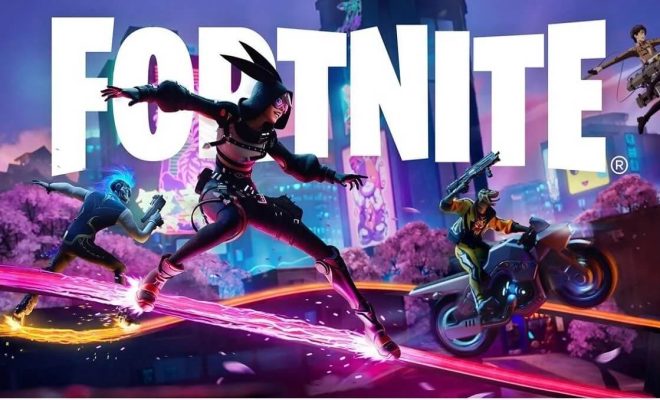FTC Finalizes $245M Fine Against Epic Games to Refund Fortnite Players

The Federal Trade Commission (FTC) has officially finalized a staggering $245 million fine against Epic Games in a groundbreaking settlement aimed at refunding millions of Fortnite players who purchased in-game items. This decision marks a significant turning point in how regulators approach consumer protection within the rapidly growing gaming industry.
The case began when the FTC alleged that Epic Games had engaged in deceptive trade practices, resulting in substantial financial losses for Fortnite players who spent real money on virtual goods within the game. The investigation uncovered that many of these transactions were fraudulent and misrepresented, causing consumers to lose trust in the company and its popular gaming platform.
In response to these findings, the FTC has imposed the vast fine as a punishment for these deceptive practices and to ensure that affected users will be adequately refunded. The regulator stated that refunds would be distributed among all affected Fortnite players who have made in-game purchases or spent their real money on virtual items.
Epic Games has reportedly accepted the imposed settlement terms and committed itself to corporate compliance moving forward. The company has also pledged various measures that include better monitoring and record-keeping, augmented with an independent third-party overseer to ensure future compliance with all relevant laws and regulations.
This landmark ruling serves as a stern notice for other gaming companies embroiled in consumer protection cases across the world. Regulators are becoming more attentive to ethical considerations within this rapidly-evolving industry, demanding higher standards from gaming developers and urging publishers to prioritize consumer rights protection more diligently.
While it remains uncertain how many players will be involved in refunds or precisely how reimbursements will take place, this ruling is nevertheless a victory for consumers everywhere. It is hoped that such decisions lead towards greater transparency and fairness within the gaming world, fostering an improved environment for both developers and players alike.
In conclusion, the Federal Trade Commission’s substantial $245 million fine against Epic Games sends a strong message to the gaming industry – prioritizing consumer protection and ensuring that companies commit to fair trade practices and transparency is no longer optional, but a necessity. As the global gaming sector continues to grow and evolve, such rulings will no doubt play a significant role in shaping its ethical and legal landscape.



